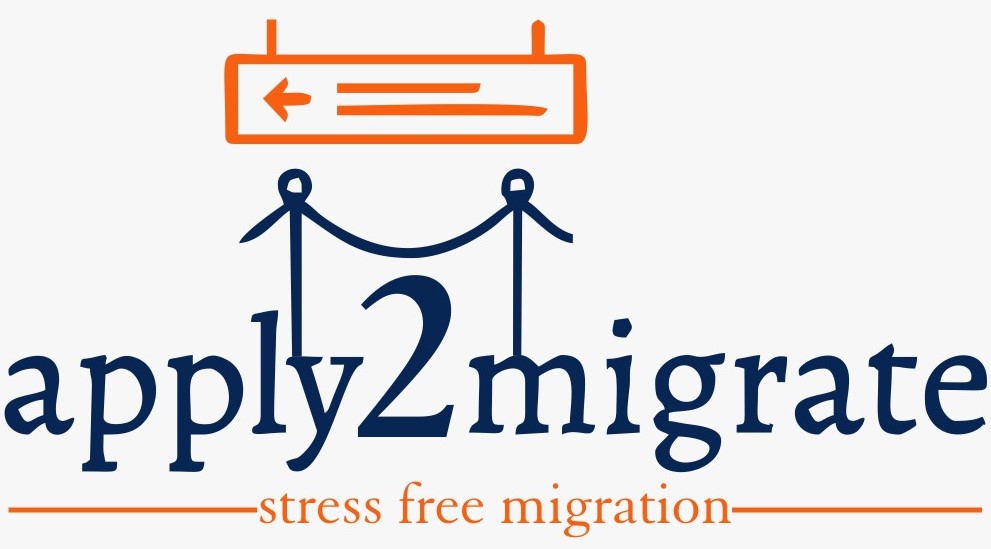Recent developments have surfaced in the legislative landscape governing the Golden Visa program, signaling forthcoming changes for future applicants. These alterations stem from housing challenges encountered by Portugal’s average workforce, exacerbated by inflation’s impact on the housing market. In response, the Portuguese Government introduced legislation aimed at discontinuing the Golden Visa program.
This legislative proposal underwent deliberation and voting within the Portuguese Parliament, aligning with broader measures aimed at mitigating the housing crisis. The approved final document outlines the cessation of three Golden Visa modalities while upholding the eligibility of five investment avenues for future Golden Visa applications.
Categories Closures and Continuations:
Pending approval by the President of the Republic, the legislation outlines the cessation of the following Golden Visa modalities for future applications:

1. Transferring €1,500,000.00 to a Portuguese bank account.
2. Acquiring real estate property.
3. Acquiring real estate property accompanied by rehabilitation works.
It’s important to note that the termination of these modalities will not impact pending applications, future renewals, or familyreunification requests.
Conversely, the legislation maintains eligibility for the following investments under the Portuguese Golden Visa program:
1. Creating a minimum of 10 jobs.
2. Transferring capital equal to or exceeding €500,000.00 for investment in research activities conducted by public or private scientific research institutions integrated into Portugal’s scientific or technological system.
3. Transferring capital equal to or exceeding €500,000.00 for establishing or reinforcing the share capital of a commercial company headquartered in Portugal, in conjunction with creating or maintaining five permanent jobs.
4. Making a cultural donation of €250,000.00 in projects certified by the Ministry of Culture.
5. Investing €500,000.00 in acquiring units of investment funds with a minimum maturity of five years, with at least 60% of investments realized in commercial companies headquartered in Portugal (excluding real estate funds).
However, none of these investments will be eligible if directly or indirectly destined for the real estate market or real estate companies.
Alternative Residence Visa:
Despite the continuation of certain Golden Visa options, some individuals exploring relocation to Portugal may discover that alternative Residency Visas, such as the “D-Visa,” better align with their specific needs.
The Residency Visa offers the advantage of typically not requiring investments with minimum thresholds, although it does entail longer minimum periods of stay within Portuguese territory. Applicants can initiate the process by applying at a Portuguese Consulate, and upon approval, they can request residency authorization from Portuguese Immigration Authorities.
 Following five years of residency in Portugal, individuals can pursue permanent residency authorization and/or Portuguese nationality. As there are various types of Residency Visas available, applicants must carefully select the appropriate modality based on their intended activities. Below are some of the primary modalities of the Residency Visa to consider.
Following five years of residency in Portugal, individuals can pursue permanent residency authorization and/or Portuguese nationality. As there are various types of Residency Visas available, applicants must carefully select the appropriate modality based on their intended activities. Below are some of the primary modalities of the Residency Visa to consider.
Passive Income Visa (D7):
The Passive Income Visa, commonly referred to as the “D7,” stands out as one of the most appealing Residency Visas available. Applicants seeking this visa need only demonstrate income from passive sources, such as pensions, retirements, investment funds, stocks, or rental contracts, among other alternatives.
Digital Nomad Visa (D8):
Introduced as part of recent changes to Portuguese Immigration Legislation, the Digital Nomad Visa targets individuals working remotely for non-Portuguese entities or individuals. To qualify, applicants must provide evidence of average monthly earnings from employment or self-employment activities over the past three months, amounting to at least €3040.00 (value for 2023).
The Job Seeker Visa:
This visa enables individuals to search for employment opportunities in a foreign country for a designated period. Applicants typically need to demonstrate financial stability and relevant qualifications. It offers a pathway for individuals to explore career prospects abroad and potentially secure long-term employment. Requirements and duration vary depending on the destination country’s immigration policies. It’s an ideal option for those seeking to expand their professional horizons internationally.
Highly Qualified Worker Visa:
The Highly Qualified Worker Visa offers a streamlined process for attracting professionals and academics with high value-added skills to Portugal. Applicants must demonstrate the existence of an employment contract, freelance agreement, or promissory contract with a Portuguese entity or individual. This sub-modality also encompasses the renowned “Tech-Visa,” facilitating a fast-tracked relocation process for expatriates employed in companies and start-ups certified by the Portuguese Agency for Competitiveness and Innovation. In such cases, the employing company has the option to initiate the relocation process on behalf of the employee.
Employment Activity Visa (D1):
The Employment Activity Visa mandates applicants to demonstrate the existence of an employment contract or promissory contract between themselves and a Portuguese entity or individual. This visa category requires submission to the Portuguese Consulate.
Freelancer or Entrepreneur Visa (D2):
Tailored for individuals engaged in freelance activities or entrepreneurs, the Freelancer or Entrepreneur Visa accommodates applicants holding a contract or promissory contract with a Portuguese entity or individual. Alternatively, individuals incorporating a Portuguese company are eligible. Notably, no minimum threshold for share capital or investment is specified for the incorporation of a Portuguese company.
Family Members (Reunification) (D6)
Under this provision, applicants of any Residency Visa type are not required to await consolidation of their residency status in Portugal to sponsor family members. Spouses or individuals in civil partnerships for more than two years, minor children or stepchildren, and economically dependent adults, such as adult children and parents, can concurrently apply for the Family Member Residency Visa with the primary applicant.
Conclusion:
While certain Golden Visa modalities remain intact, providing opportunities for prospective investors, there are diverse pathways available for individuals and investors aiming to capitalize on Portugal’s economic growth and secure Portuguese residency.
Read more about Visa options to Portugal Stay updated by following us!
For assistance in navigating the Portuguese visa system, contact us at info@apply2migrate.com.
If you operate an immigration consultancy, partner with us to enhance your service offerings and better serve your clients. Contact us at info@apply2migrate.com


